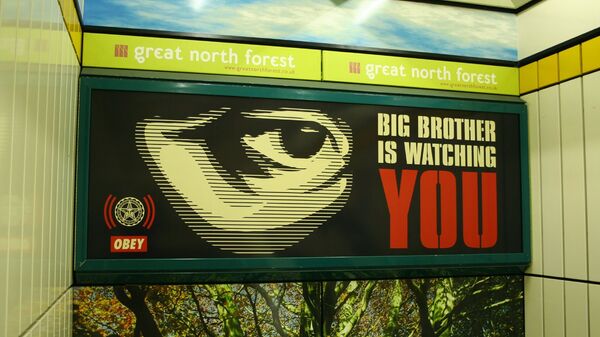Privacy groups sounded the alarm on Friday over LinkNYC, a network of free Wi-Fi kiosks installed throughout New York City by CityBridge, a consortium of companies including Qualcomm and Google, that actively collects user data.
The kiosks, known as Links, allow users to connect to a private Wi-Fi network, conduct free domestic phone calls, and charge mobile devices via USB ports on an integrated tablet designed for searching the web.
Reports from Cryptome and Mass PrivateI found that the nearly 10,000 kiosks planned to be installed throughout New York City will covertly retrieve user data, raising concerns about government transparency and privacy.
The devices not only track user search histories, but have surveillance cameras installed on the mainframe. These cameras are ostensibly to provide user security but many suggest that they will also be used to create a facial identification database.
"CityBridge claims they won’t keep a person’s personally identifiable information longer than 12 months after their last login," notes MassPrivateI. "Which means, every time the same person uses CityBridge they reset their privacy countdown."
The kiosks will collect information on user search history, page views, page response times, download errors, length of visits to pages, page interaction, and methods used to browse away from each page.
MassPrivateI offers that Kiosks can be used to track New Yorkers, forming a surveillance network and allowing Qualcomm, Google, and the city to track any user bearing a Wi-Fi enabled device.
To date, CityBridge has stated that it has not shared data with law enforcement, but the company warns customers that it plans to accumulate user information to sell to advertising companies.
"Linknyc does not collect or store any data on users' personal web browsing on their own devices," a spokesperson for the project said in an interview with Softpedia. "CityBridge will never sell any user’s personal information or share with third parties for their own use. This includes the City, law enforcement, investors, vendors, partners, and advertisers."
Based on the wording, some wonder why the data is being collected and stored in the first place, especially if there is no plan to sell information to a third party.
To date, over 5 million people are said to have used a LinkNYC kiosk. Similar programs are planned throughout major urban centers in the US.





